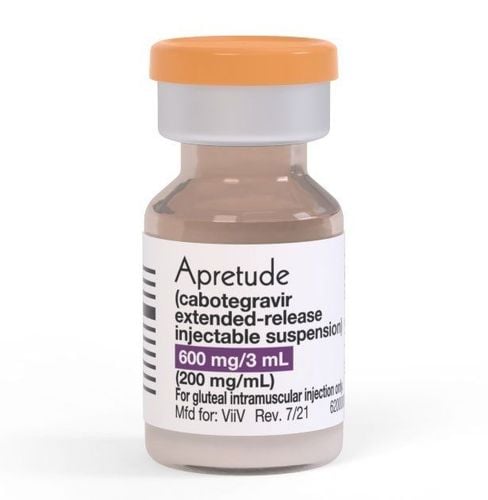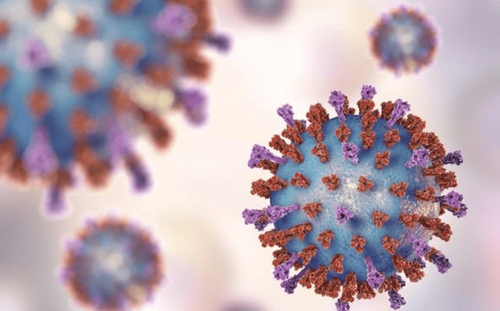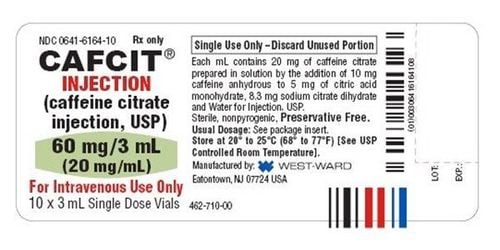This is an automatically translated article.
The article was written by Doctor Pham Do Ngoc Diep - Neonatology Department - Vinmec Times City International Hospital.To diagnose respiratory syncytial disease, people often use RSV test with nasal fluid, nasopharyngeal fluid or nasopharyngeal lavage fluid. Currently, there are two main methods for diagnosing RSV.
1. RSV . diagnostic methods
Rapid test: for qualitative detection of respiratory syncytial virus (RSV) antigens in children PCR - RSV: Accurately detects the presence of specific DNA of Epstein-Barr virus (RSV) - syncytial virus respiratory tract in patient samples.
2. Clinical manifestations of the disease
Incubation period: From infection with the virus to showing symptoms, on average 2-8 days.
RSV usually causes illness in the upper respiratory tract (nose, throat) with symptoms that are usually mild and similar to a common cold, including: low-grade fever, cough, sneezing, stuffy nose. About 25-40% of sick children have symptoms of lower respiratory tract infections such as bronchiolitis, bronchitis, and pneumonia.
The disease is especially severe in children with congenital heart disease, congenital respiratory disease or immunodeficiency.
Severe manifestations of the disease: Continuous high fever; shortness of breath (rapid breathing), cyanosis of the lips and extremities may appear; wheezing, wheezing, pauses in breathing; a lot of cough with yellow, green, cloudy sputum; the baby is fussy or tired, lethargic, stops nursing; signs of dehydration such as crying without tears, not urinating for 6 hours, dry, wrinkled skin.

3. Home remedies
Need to clear the baby's nose to help the baby breathe easier and feed better. You can drop the nose with 2-3 drops of physiological saline, then clean the child's nose, help the child suck the mucus in the nose using the appropriate method.
Use a humidifier to keep the air moist and clean.
Continue to breastfeed or eat well. Can be divided into several feedings, so that the child will not vomit when coughing a lot and avoid dehydration (because lack of water will make sputum become concentrated, making the disease worse).
It is necessary for the child to take the medicine exactly as directed by the doctor. In some cases, the doctor may prescribe a non-aspirin fever reducer, such as acetaminophen. Do not arbitrarily give medicine to children because if used incorrectly, it can make the child's illness worse or may have harmful effects on the child.
Avoid secondhand smoke: Secondhand smoke can make your child worse and more likely to have asthma later in life.
Need to go for a follow-up appointment on time according to the doctor's advice and pay attention to detect signs that the child needs to be re-examined immediately.
4. When to see a doctor?
High fever and not looking well A lot of runny nose Cough that gets worse or has yellow, green or gray mucus Signs of dehydration Poor suckling, vomiting Child has trouble breathing or breathes very quickly or has lips or fingernails that look blue purple Lit, sleep a lot Quit pen Constantly high fever Vinmec International General Hospital is one of the hospitals that not only ensures professional quality with a team of leading medical doctors, a system of public equipment modern technology. The hospital provides comprehensive and professional medical examination, consultation and treatment services, with a civilized, polite, safe and sterile medical examination and treatment space.
Please dial HOTLINE for more information or register for an appointment HERE. Download MyVinmec app to make appointments faster and to manage your bookings easily.














